Blood Clots After Birth: Symptoms, Treatment, and More
$ 15.00 · 4.8 (745) · In stock
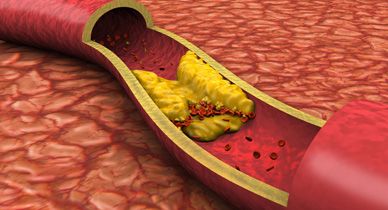
It's normal to have blood clots after giving birth, but sometimes too many or very large blood clots can be cause for concern. Bleeding can continue to happen up to six weeks after giving birth. If you experience difficulty breathing, a high fever, or foul-smelling vaginal discharge, it may be best to see your doctor.
It's normal to have blood clots after giving birth, but sometimes too many or very large blood clots can be cause for concern. Bleeding can continue to happen up to six weeks after giving birth. If you experience difficulty breathing, a high fever, or foul-smelling vaginal discharge, it may be best to see your doctor.

Infographic - Women and Blood Clots

Thrombosis – Women – Thrombosis Ireland

Signs and treatment of postpartum hemorrhage
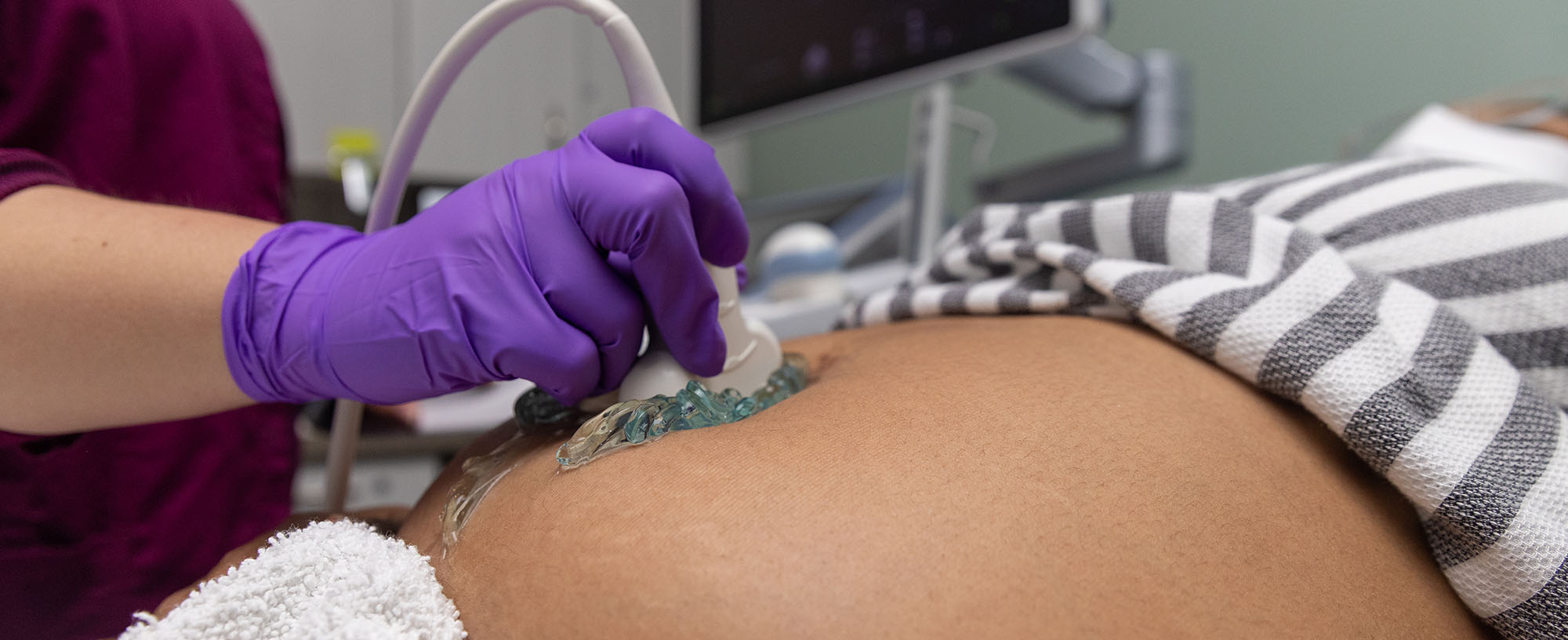
Blood Clots During Pregnancy: Symptoms & Risks, UNM Health Blog

Blood Clot in Brain Treatment, Diagnosis, Causes, & Symptoms

Blood Clot in the Uterus During Pregnancy: What Does It Mean for You and Baby?

Blood Clots After Birth: Symptoms, Treatment, and More
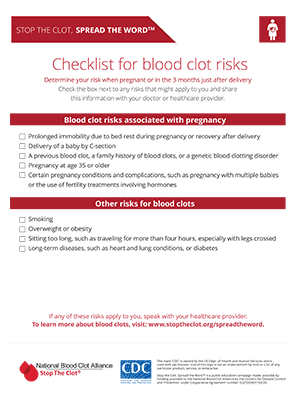
Venous Thromboembolism (Blood Clots) and Pregnancy
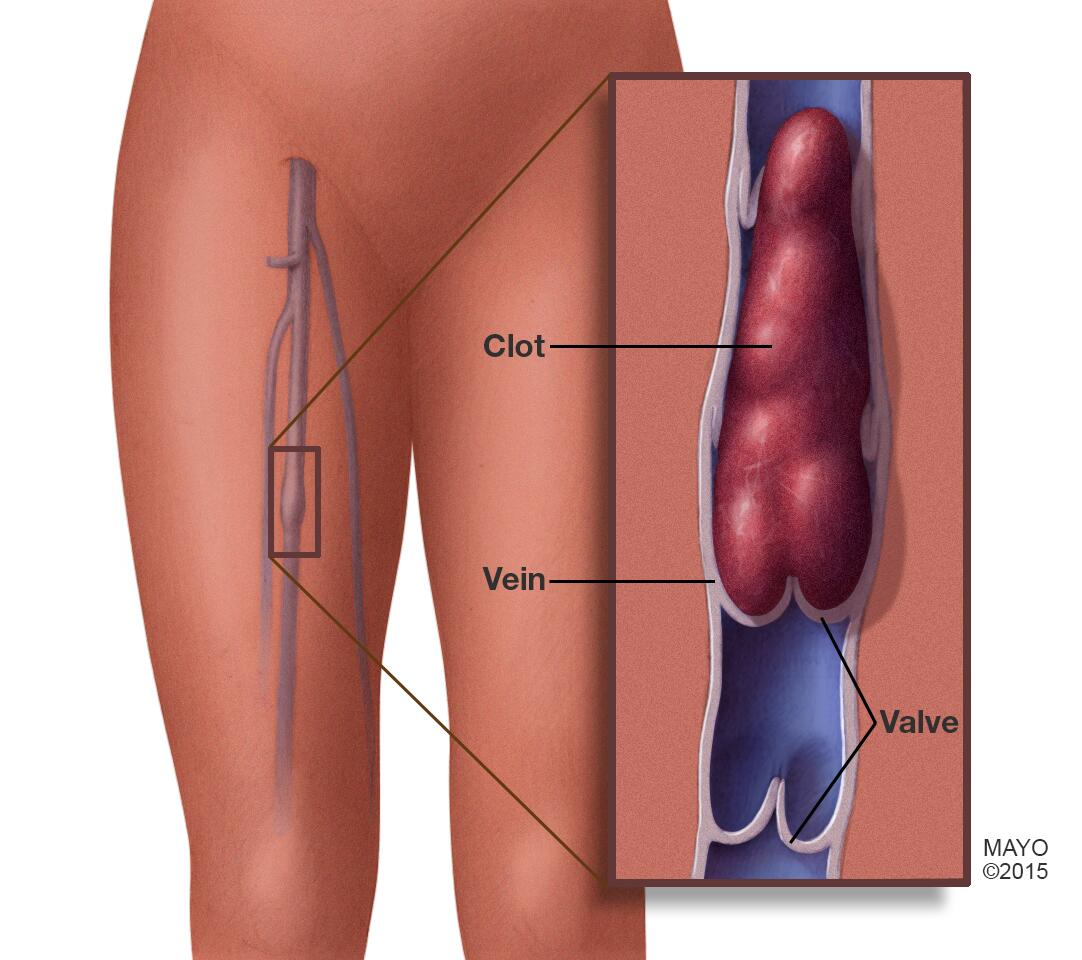
Deep vein thrombosis (DVT) - Symptoms & causes - Mayo Clinic

Blood Clot Info: Risks, Symptoms, and Prevention

Expecting? Recently Had a Baby? What to Know About Blood Clots
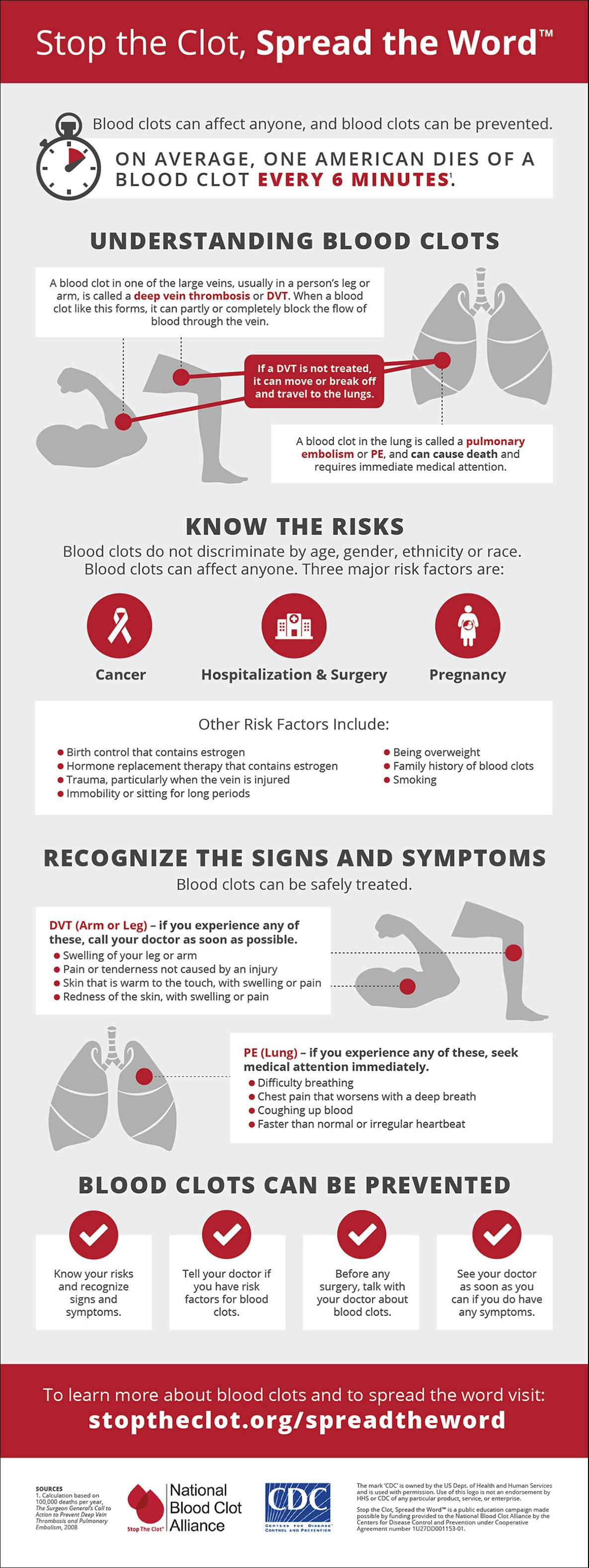
Understanding Blood Clots